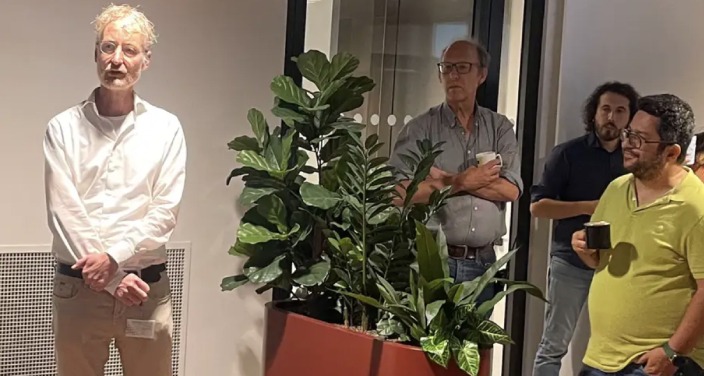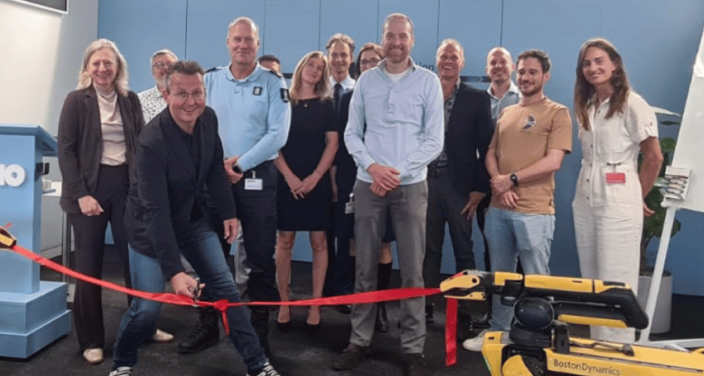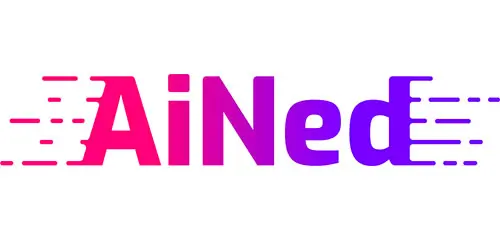April 3 2024
Gravitation grant for AI-Assisted design of blindness therapy
The Gravitation Grant, an initiative by the Ministry of Education, Culture, and Science, funds top-level research for a period of ten years, encouraging interdisciplinary and interuniversity collaboration. Within this framework, the Lifelong VISION program, led by RadboudUMC, has been awarded a grant of 22 million euros for developing new treatment strategies against blindness. These strategies include gene therapy, treatments targeting disease mechanisms, and cell therapy, utilizing artificial intelligence to determine which patients qualify for these treatments. The program aims to deliver the right treatment to the right patient at the right time, with technologies that could also serve as a model for other diseases and organs.
Clarisa Sanchez, from the Quantitative Healthcare Analysis (qurAI) group at IvI, plays a pivotal role in this research. Sanchez emphasizes the project's uniqueness: "This project represents a fusion of unparalleled expertise. I am looking forward to contributing to a future where blindness prevention becomes a reality, by delivering precisely targeted therapies at precisely the right moment to every patient."
The Lifelong VISION program exemplifies how advanced technologies and innovative approaches can lead to significant breakthroughs in healthcare, especially in the field of eye diseases.
Read the full article on the UvA website here.
Vergelijkbaar >
Similar news items

6 September 2024
CuspAI Introduces Itself at LAB42
read more >

5 September 2024
Advanced AI for Surveillance Robots: A Collaborative Project by Dutch Institutions
read more >

September 5, 2024
NeuroAI: Charlotte Frenkel explores the future of AI inspired by the human brain
read more >